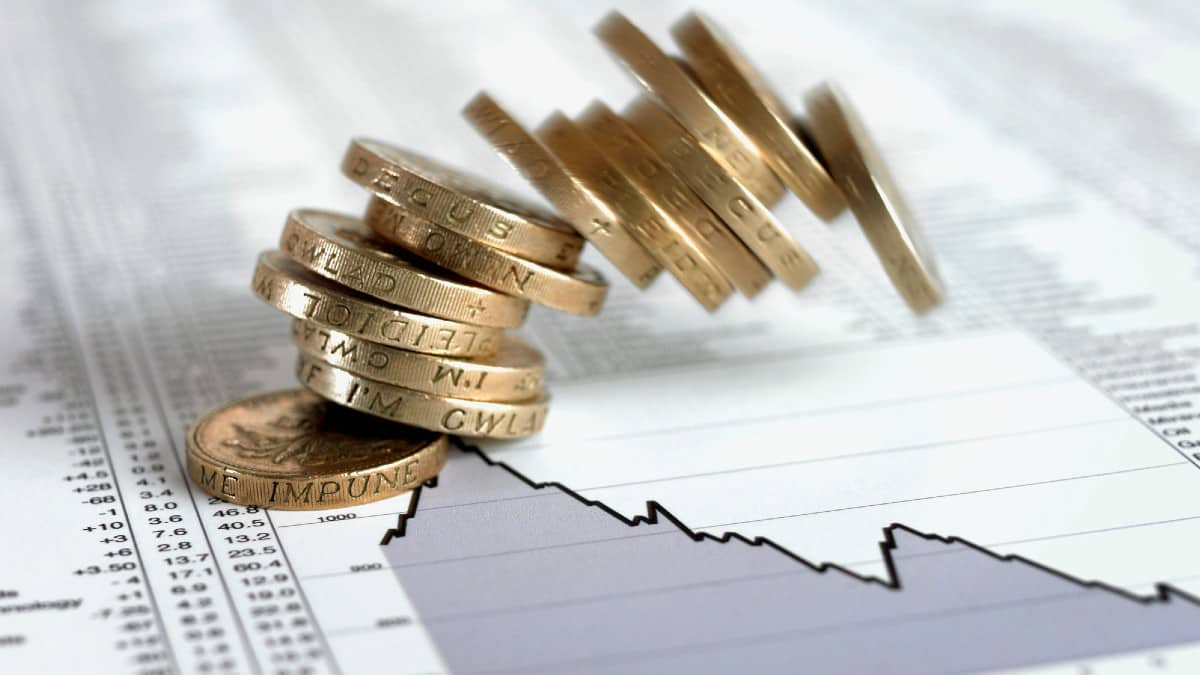The Vodafone (LSE: VOD) share price looks incredibly attractive as an income investment. At the time of writing, the stock supports a dividend yield of 6.9%. That is nearly double the FTSE 100 average.
However, a market-beating dividend yield like this can signify that investors do not believe the payout is sustainable. If investors do not trust the dividend, they will sell the stock. This will push the share price lower and the yield higher.
A fine line
As I noted in a previous article, Vodafone is trying to balance shareholder distributions and capital spending. This is a fine line to tread. The company has already had to reduce its dividend once in the past five years.
In the 2018/19 calendar year (Vodafone’s financial year ends in March), the group reduced its full-year per share dividend by 40%. Management needed to cut payout as earnings fell and the company was spending more on infrastructure.
I think there is a growing chance investors could be subject to yet another cut. In the company’s financial year to the end of March, operating cash flow from operations totalled €3.1bn. From this balance, the group paid out €2.4bn in dividends to investors.
Granted, last year was an exceptional one. Vodafone reported a net loss for the year of €1bn, due to the impact of the pandemic on its business. By comparison, for the 2020 financial year, operating cash flow totalled €5bn.
For a company like Vodafone, which owns large amounts of costly capital equipment, looking at operating cash flow rather than net income can provide a better gauge of its financial position. That is why I like to consider operating cash flow when evaluating the sustainability of its dividend.
Assuming the group’s operating cash flow returns to fiscal 2020 levels, its dividend does look sustainable in the near term at least.
Vodafone share price risks
But this is without giving any consideration to the group’s enormous debt pile. In November last year, debt totalled €41bn (£34bn), up from €27bn in 2019.
Meanwhile, management has been taking action to reduce debt. The company has spun off its tower business and has been slashing costs to increase cash flow. The results of these initiatives should begin to emerge over the next year, or so.
However, the spectre of higher interest rates is looming large on the horizon. If central banks do begin to increase interest rates, the company’s interest bill could increase. And that would only make it harder for Vodafone to balance debt repayments, capital spending and shareholder returns.
Overall, Vodafone’s share price looks sustainable, based on the company’s current financials. Nevertheless, there are plenty of risks on the horizon that could present a threat to the distribution.
With this in mind, I would not buy the stock as an income investment. I think there are plenty of other companies out there on the market, which offer a similar level of return, but with less risk for investors.







